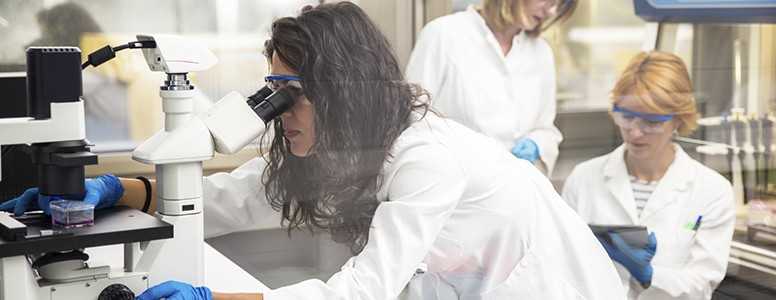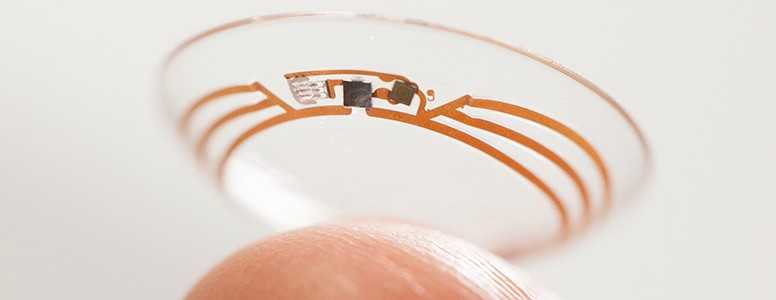US scientists are studying how to transplant insulin-producing islet cells from pigs into humans to treat type 1 diabetes.
Specifically, the University of Alabama is developing a protective nano-thin coating to wrap around the pig tissue that would prevent it from immune rejection.
The researchers are currently testing the survival of functionality of these nano-coated islets from mice or pigs in diabetic mice with intact immune systems. These trials are being funded by the JDRF.
Why pig islets?
Pig islets, unlike human islets, provide an unlimited source of insulin-producing tissue, which makes them an attractive treatment option for type 1 diabetes.
Currently, islet cell transplantation is being developed across a number of fronts, from islets being coated with thick gels or with coatings that bind to the islets.
While transplantation can allow people with type 1 diabetes to come off insulin injections, immunosuppressant drugs need to be taken for life to prevent autoimmune attack on the new cells. These drugs can sometimes have side effects and leave the body vulnerable to infection.
UAB investigators Hubert Tse, Ph.D., and Eugenia Kharlampieva, Ph.D, have taken a different approach to transplantation by applying a coating of just five bilayers of biometric material on the cells, which is roughly 30 nanometres thick.
Not only do these layers lessen the immune response to the islets, but the thinness of the coating means that nutrients and oxygen can be easily carried to cells.
A ‘large, potential benefit’
Tse and Kharlampieva have already reported that nano-coated mouse islets can survive and function for up to 40 days in diabetic mice models.
“We showed that they do stay alive, and they function to regulate blood glucose,” they said. “We did not expect the multilayers would show such a large, potential benefit.”
The UAB researchers now plan to see if in vivo testing can decrease the risk of cell rejection and increase blood sugar control.
Pig islet cell transplantation is also being experimented on in Japa, after the country eased its rules on transplants of animal cells and organs to humans.






